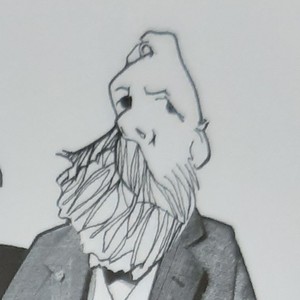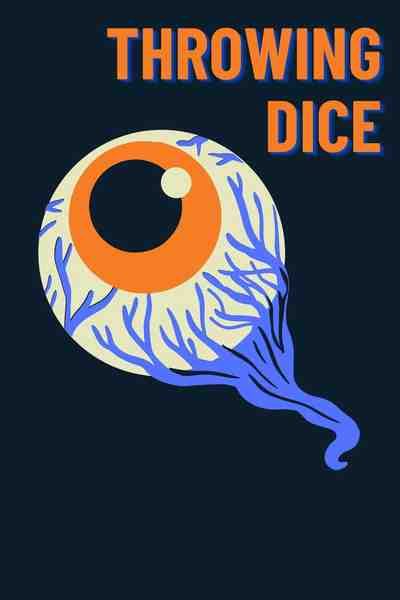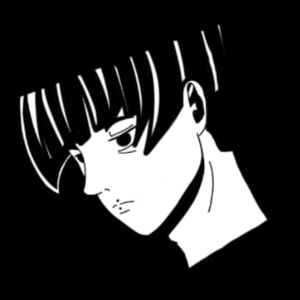I wake up early the next day after a rare night of no nightmares. Unusually, I can't remember what I dreamt of. Anything that doesn't have me waking up screaming is good enough. I get up without much struggle and take a quick shower before Inga wakes up, and I can see Levi was in the bathroom shortly before me from the light steam fogging the mirror. I set the table for two, make coffee and prepare three toasts—two for Inga and one for me—and wait for her to come have breakfast. By the time we leave the apartment, it is eight-twenty.
We make our way down the stairs and into the street. The breeze is colder in the morning, and the streets are empty this early on a Saturday. There's a newsstand selling a few papers—I don't know why these still exist—and a couple of old people sitting on the bench next to it. Other than that, nothing.
“It's cold,” Inga says, rubbing her hands.
“Yeah,” is my standard reply.
These are the words we exchange shortly before getting hot chocolate from the kiosk standing one block away from our place. The park is three blocks after that. We sit on a bench and drink our hot chocolate, me thinking about how unusually clear the sky looks today, Inga wondering what to say to me (or so I guess).
“Did you ask me to walk with you today because it's been three years?” she asks. I was right, but this is more straightforward than I predicted.
“The anniversary was yesterday,” I say.
“Yeah…”
“Is that the reason you and Levi didn't go to work?” I ask in my usual monotone. “So you could stay with me?”
“That was a coincidence.” Inga takes a sip of her hot chocolate. “A practical one.”
“Practical?”
“Did you speak to Anya yesterday?” she asks, ignoring my question and looking at me. I shake my head. “I could have texted her for you. Scheduled an appointment.”
“I only go to therapy on Mondays.”
“Still.”
And this is the end of our dialogue. It's our cue to stand up, walk one more block, in silence, and arrive at the clinic. This place is clean as ever, the walls white and clear, doctors and nurses walking around quietly. They're calm—after all, a place like this doesn't see a lot of emergencies.
We make our way to the elevator and go up two floors; walk straight along the wide corridor and turn left; find the second door to the right; have the nurse open it for us; and go in. The room isn't as clear as everything else: the blinds block away the light this time of the day, and the walls aren't white like the ones outside the room. Instead, a moss green tone covers them up, not matching the dark-blue chairs beside the bed. I sit on one of them and look at Inga. Our lives are full of cues. This is her cue to leave the room with the nurse, leaving me alone with them.
They have a tube going into their mouth and down their throat. Their eyes are closed, as always, and their breathing is steady and noisy. The color of their skin is frighteningly pale, and their nails, longer than the last time I visited. The machine next to the bed is going beep-beep at a constant pace, showing their heartbeat in a green, up and downward sloping line. They look much thinner than three years ago, but that's to be expected. Everything I see is to be expected. It's what I see every time.
And as always, I'm too scared to hold their hand.
“Hi, Valya,” I say.











Comments (0)
See all